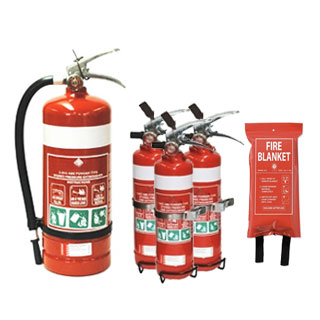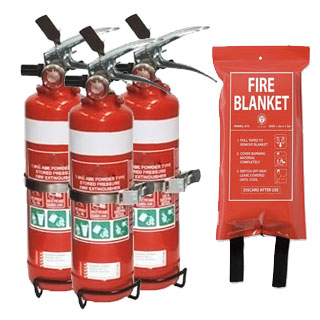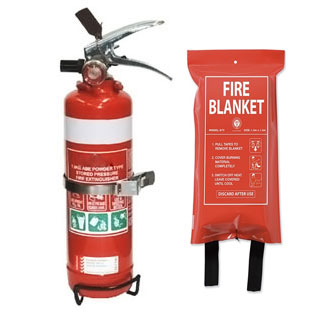Cart
Subtotal: $25.00 (ex. tax)
Statistics reveal that almost half of all home fires are started in the kitchen and 43% of all fire fatalities occur in winter. The key to reducing the risk of fire occurring in your home and to surviving a house fire is being prepared. Everyone in your household should understand what risks there are in your home and what to do to minimise them.
Winter is traditionally the most dangerous time of the year for home fires. A fire can take hold in just minutes, but taking simple fire prevention steps takes only seconds.



We recommend this simple safety checklist to help keep homes fire safe this winter. Make sure you and everyone in your household follows the following safety advice:
FRNSW data reveals that of the 281* fire deaths that occurred over the past 10 years, 177 occurred in a home. Of those, 63 per cent, on average, occurred in the five months from May to September. Last year, that figure was 80 per cent.
67 per cent of fire fatalities were male and more than 40 per cent of all fatalities occurred in the 30 to 59 years age group and the leading causes of fatal home fires, the majority of which were preventable, were heaters and electrical equipment/wiring (20 per cent), smoking materials (20 per cent) and matches or lighters (5 per cent). Complacency and inaction also contribute to house fires – a lot of people seem to adopt the ‘it won’t happen to me’ attitude and as a result they ignore the fire risks in their own home.
So don’t be complacent this winter. Avoiding a fire in the home is as simple as turning off heaters and keeping clothing at least 1m from them; not overloading power points; and not leaving cooking and other open flame materials such as cigarettes and candles unattended. And it’s vital that you always supervise children.
There are a number of fast, easy things that you can do to reduce fire risks in the home to protect yourself and your family from fire this winter.
Why are there more domestic fires during winter?
With the arrival of cooler weather, appliances such as electric blankets and heaters get pulled out of storage and plugged in around many Queensland & Sydney homes. We make it easy for you to buy the right fire extinguishers and other fire safety equipment. We can install, test, inspect and maintain all of your fire equipment and provide fire safety certificates and annual fire safety statements.
These common appliances, as well as clothes dryers, fireplaces and braziers help keep us comfortable through the cold months of winter, but misuse, faulty wiring and leaving them unattended can lead to preventable fires and potential tragedy.
Who is at risk?
Some people in our communities are at more risk of dying in a house fire at any time of the year, including:
However, everyone’s risk increases over the winter months and extra care and precautions need to be taken.
What can you do to reduce your risk?
With research showing that more people die in house fires during the winter months than any other time of the year, it is important to protect yourself – so the start of the chilly season is the ideal time to install and maintain smoke alarms. QFRS recommends installing photo-electric type alarms and changing batteries at least once a year. Set a key date such as a birthday or anniversary, as a reminder to change your smoke alarm batteries. Schedule your fire extinguishers for 6 monthly testing to make sure they are good and ready to use should there be any need for them.
Security bars and screen doors can block your escape in a fire. You need smoke alarms and a home escape plan to ensure you don’t get trapped by your home security.
Simple steps such as developing a escape plan and keeping smoke alarms in working order can give you the vital seconds you need to survive a fire. Don’t have a home fire escape plan? We can help. Book a FREE Safehome visit with Queensland firefighters or coordinate with the Sydney council for assistance.
Each fire technician takes pride in their work, ensuring minimum disruption to your operations while making sure that all fire extinguisers are installed and tested according to fire extinguisher testing specifications. It will be cost-effective as we are providing affordable fire extinguisher testing cost.
Firefighters also recommend that you adopt some simple safety habits such as:
Other Resources:
Our fire services are designed to protect you and save you time, money and effort.
Contact us today for a free quote.
About Aegis Safe
Your safety and peace of mind is our objective. Aegis Safe has been helping our clients protect their staff and property with our full range of comprehensive fire protection solutions since 2009. We specialise in installing, inspecting, testing, diagnosing and repairing fire protection systems.